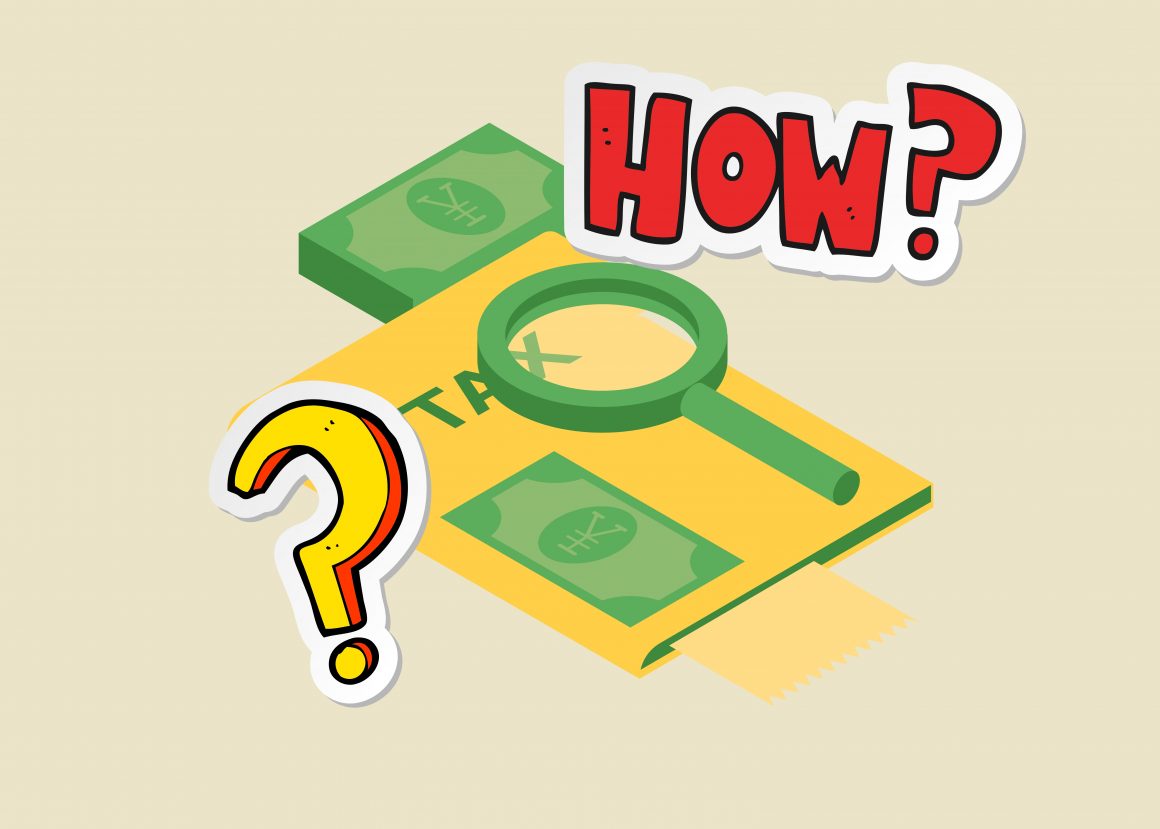
Here is what you need to know for tax season
By Nazeefa Ahmed, January 30 2024—
Tax season is just around the corner and University of Calgary students may be unsure of how the process of filing taxes works. For many, this is the first time in their life that they are earning income, taking out student loans, or paying large sums of money to an institution — all of which are involved in tax payments and deductions.
In an interview with the Gauntlet, H&R tax specialist Yannick Lemay encourages students to file their taxes despite not having an income because there may be numerous benefits that they would be missing out on otherwise.
“Even though you don’t owe any taxes and even though you won’t get any taxes back because maybe you didn’t pay any taxes during the year and you won’t get a refund, you can still get benefits outside of the tax return,” said Lemay. “So the GST credits, for example, could be a few 100 dollars that you will receive during the year. It is still money that you leave on the table if you don’t file your tax return.”
Other benefits include the Climate Action Incentive, tax credits, moving expense deduction and child benefits for those with dependents.
Lemay debunks a common myth that there is a student status on the tax return. Instead, he points to how students can use their tuition payments to build tax credits for the future.
“The fact that you are a student does not give you special credit on your tax return. What gives you a credit on your tax return are the expenses you’ve paid. So, for example, your tuition that you’ve paid, you can have a tax credit for this,” said Lemay.
Students can use their tax credit immediately, transfer it to someone else or carry it forward when they are working.
“Simply, the tuition tax credit [can be used] to reduce your taxes,” said Lemay. “What we often see with students is that they do not have necessarily a significant income for the year, and because there’s they don’t have a significant income, or they don’t have an income high enough to absorb this whole tuition tax credit, they often don’t see right away the benefit of those tax credits on their taxes.
Additionally, many need-based scholarships ask for information from your Notice of Assessment, which is an annual statement from the Canadian Revenue Agency that provides a breakdown of your income, tax payments and tax credits.
The Students’ Union (SU) at the U of C provides an annual volunteer tax service with CRA-trained volunteers who prepare tax forms from Feb. 29 to Apr. 11 at no charge. U of C students, staff, and faculty are able to use the tax services if they are single with an income below $35,000. The income limit increases if clients have dependents.
In a statement to the Gauntlet, SU vice president student life Ermia Rezaei-Afsah describes how the Volunteer Tax Program provides services for the U of C community by increasing accessibility.
“Many students don’t have access to accountants, support software, or individuals who can help do their taxes, especially if they are on a limited income. Therefore, the SU fills that gap by providing a free volunteer tax program. Not doing your taxes is not an option, so any UCalgary student, staff, faculty, or alumnus who qualifies and needs support with their taxes should take advantage of this program,” read the statement.
More information about the SU Volunteer Tax program can be found on their website. Those interested in H&R Block’s tax services can search for their local office using their office locator. Lastly, the Government of Canada website hosts a database of free tax clinics across the country on their website.
